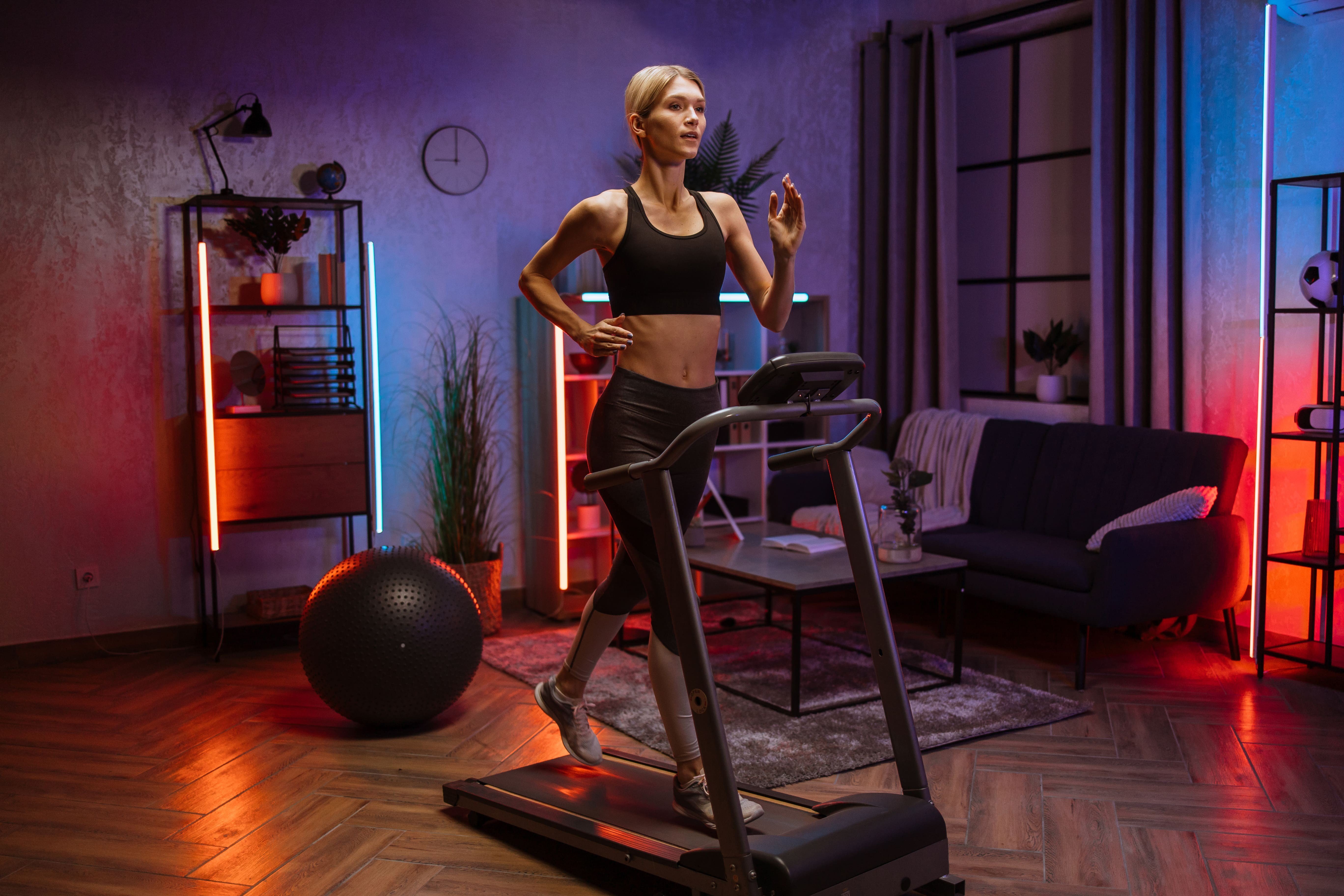Your Family Will Be Grateful For Having This Walking Machine
The Walking Machine: A Comprehensive Guide to Your Fitness Companion
In today's fast-paced world, where time is a luxury, preserving a constant workout regimen can be an obstacle. For many, a walking machine— frequently understood as a treadmill— functions as a perfect physical fitness buddy. This short article offers an extensive appearance at walking machines, including their benefits, types, upkeep ideas, and frequently asked concerns.
Why Choose a Walking Machine?
Walking machines offer a useful and reliable method to include cardiovascular exercise into day-to-day life. Here are a number of crucial advantages:
- Convenience: Walking machines enable individuals to work out anytime, regardless of weather conditions or time restraints. They are best for hectic schedules.
- Versatility: Users can stroll, jog, or perform at their own speed and intensity.
- Safety: Walking machines provide a lower danger of injury compared to outdoor walking or running, specifically for novices or those recovering from injuries.
- Tracking Progress: Many treadmills included integrated monitors that track metrics like speed, distance, and calories burned.
Types of Walking Machines
When thinking about a walking machine, it's vital to choose the best type based on private fitness objectives and area constraints. Below are the main kinds of walking machines:
Type
Description
Manual Treadmills
These machines do not have a motor, and users need to walk or go to rotate the belt.
Electric Treadmills
Powered by an electric motor, allowing users to set the speed and slope easily.
Folding Treadmills
Created for simple storage, these treadmills can be folded when not in use.
Desk Treadmills
Ideal for a double work and exercise environment, these compact machines allow walking while working.
Slope Trainers
These allow users to simulate uphill walking, enhancing exercise intensity and calorie burn.
Picking the Right Walking Machine
Choosing the best walking machine can considerably impact motivation and efficiency. Here are some aspects to think about:
Key Features to Look For
- Motor Power: A powerful motor ensures a smooth and constant exercise. For Treadmill UK , a 1.5 HP motor is usually adequate; for much heavier usage, look for 3.0 HP and above.
- Belt Size: A larger and longer belt supplies more space for a comfy stride. Requirement sizes range from 16 inches wide and 50 inches long.
- Incline Options: Adjustable incline settings can replicate walking or running uphill, increasing the intensity of the exercise.
- Shock Absorption: Good shock absorption reduces the danger of joint injuries and improves convenience.
- Console Features: Look for built-in workouts, heart rate screens, and connection functions like Bluetooth for a more interesting experience.
Budget Considerations
Walking machines been available in a wide variety of rates, depending upon features and building and construction quality. Here's a rough budget breakdown:
Price Range
Features
Under ₤ 300
Basic handbook or little electric treadmills with restricted features.
₤ 300 – ₤ 700
Advanced electric treadmills with incline, medium power motors, and much better guarantees.
₤ 700 – ₤ 1500
Top quality electric treadmills with larger built-in screens, substantial features, and warranties.
₤ 1500 and above
High-end designs using sophisticated innovation, functions, and resilient building and construction for major physical fitness enthusiasts.
Maintenance Tips for Your Walking Machine
To make sure longevity and optimum performance of a walking machine, think about the following maintenance tips:
- Regular Cleaning: Dust and sweat can collect on the machine and the belt. Wipe down the surface areas and tidy the belt routinely.
- Lubrication: Depending on the design, oiling the running belt regularly can avoid wear and tear. Check the producer guidelines for advised lubrication schedules.
- Inspection: Periodically inspect the machine for loose screws or used parts. Tighten and replace as required.
- Calibration: Occasionally, inspect the calibration of your machine's metrics to ensure they provide accurate information.
- Correct Use: Follow the producer's recommendations for weight limitations and operational guidelines.
FAQs About Walking Machines
1. Are walking machines a great exercise?
Yes, walking machines offer an excellent cardiovascular workout, can assist with weight-loss, and improve overall health.
2. How often should I use a walking machine?
Go for at least 150 minutes of moderate-intensity aerobic activity per week, which can easily be attained with regular sessions on a walking machine.
3. Can I drop weight on a walking machine?
Yes, incorporating a walking machine routine into a healthy diet can promote weight-loss, especially if combined with periods and incline training.
4. Is it safe for senior citizens to use a walking machine?
Yes, walking machines can be safe for seniors with low-impact settings and security functions like hand rails. Nevertheless, Home Treadmill must consult with their doctor before starting any exercise program.
5. What's the distinction in between a treadmill and a walking machine?
The term “walking machine” normally refers to a treadmill planned for walking, while “treadmill” can refer to machines utilized for various strengths, including running.
With their adaptability and convenience, walking machines can considerably boost one's physical fitness journey. By carefully picking the ideal type, ensuring correct upkeep, and integrating different workout techniques, users can optimize their walking machine's benefits. Similar to any workout regimen, consistency is key to achieving lasting physical fitness outcomes.
